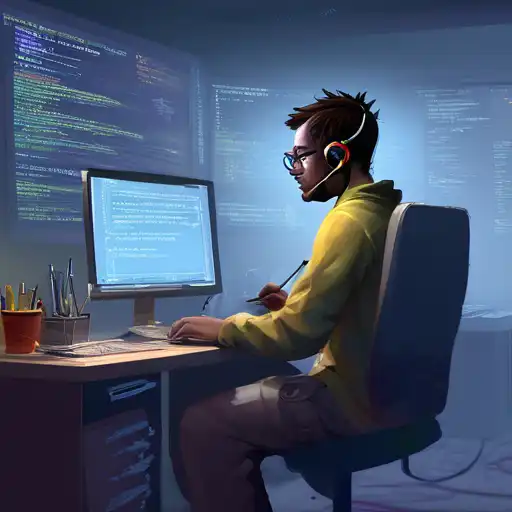Introduction to Debugging
Debugging is an essential skill for every programmer, especially for those just starting out. It involves identifying and resolving errors or bugs in your code that prevent it from running correctly. This article will provide you with essential debugging tips to help you become more efficient in solving coding problems.
Understand the Error Messages
One of the first steps in debugging is to understand the error messages your development environment throws at you. These messages are clues that can lead you to the root of the problem. Take the time to read them carefully and research any terms or codes you don't understand.
Use a Debugger Tool
Most integrated development environments (IDEs) come with built-in debugger tools. These tools allow you to step through your code line by line, inspect variables, and see the flow of execution. Learning how to use these tools can save you a lot of time and frustration.
Break Down Your Code
When faced with a bug, try breaking down your code into smaller sections. Test each section individually to isolate where the error is occurring. This method, known as divide and conquer, can simplify the debugging process.
Check for Common Mistakes
Many bugs are the result of common mistakes such as typos, incorrect variable names, or misplaced semicolons. Always double-check your code for these simple errors before diving deeper into more complex debugging techniques.
Take Breaks
Debugging can be mentally exhausting. If you're stuck on a problem, take a short break. Stepping away from your computer can help clear your mind and often leads to a fresh perspective when you return.
Ask for Help
Don't be afraid to ask for help if you're stuck. There are many online communities and forums where you can ask questions and get advice from more experienced programmers. Remember, every programmer has been in your shoes at some point.
Practice Makes Perfect
The more you practice debugging, the better you'll become at it. Try to view each bug as a learning opportunity. Over time, you'll develop an intuition for where to look for problems and how to fix them quickly.
Conclusion
Debugging is a critical skill that all programmers must master. By understanding error messages, using debugger tools, breaking down your code, checking for common mistakes, taking breaks, asking for help, and practicing regularly, you'll become more proficient at debugging and a better programmer overall. Remember, the goal is not to write perfect code on the first try but to learn how to efficiently find and fix mistakes when they occur.
